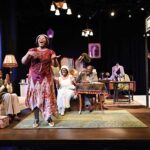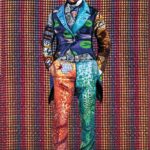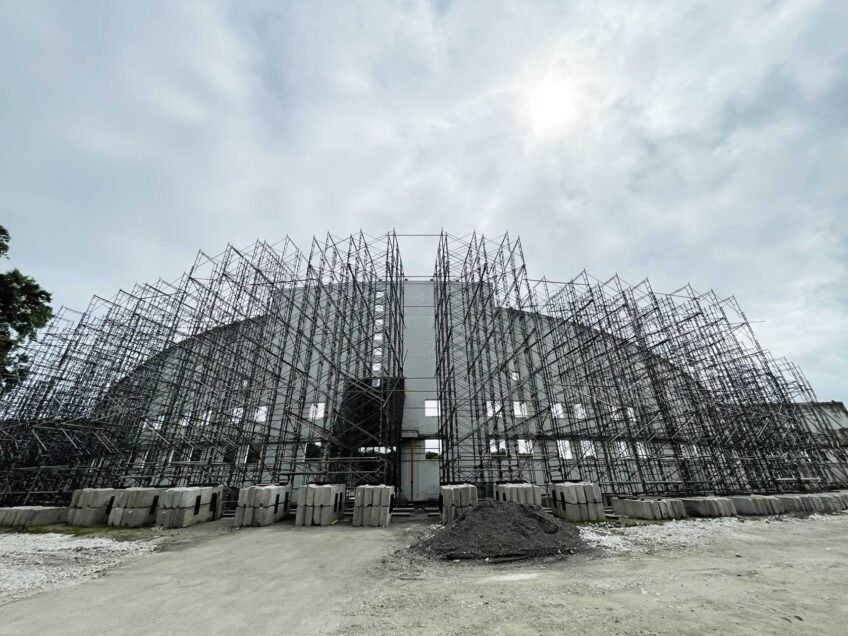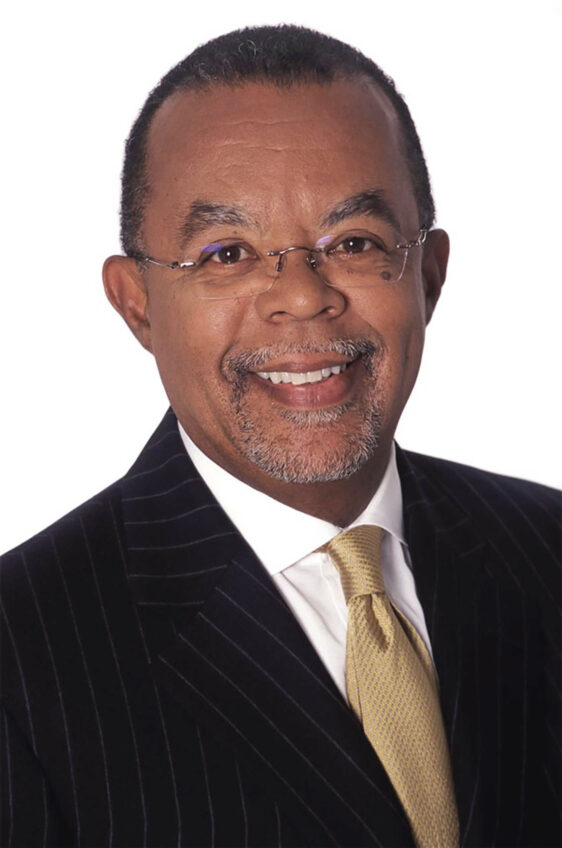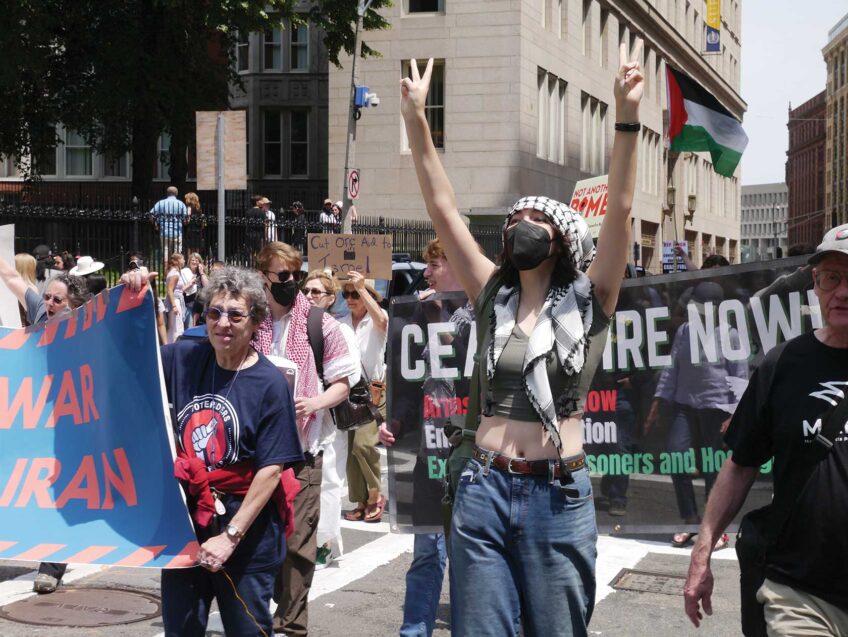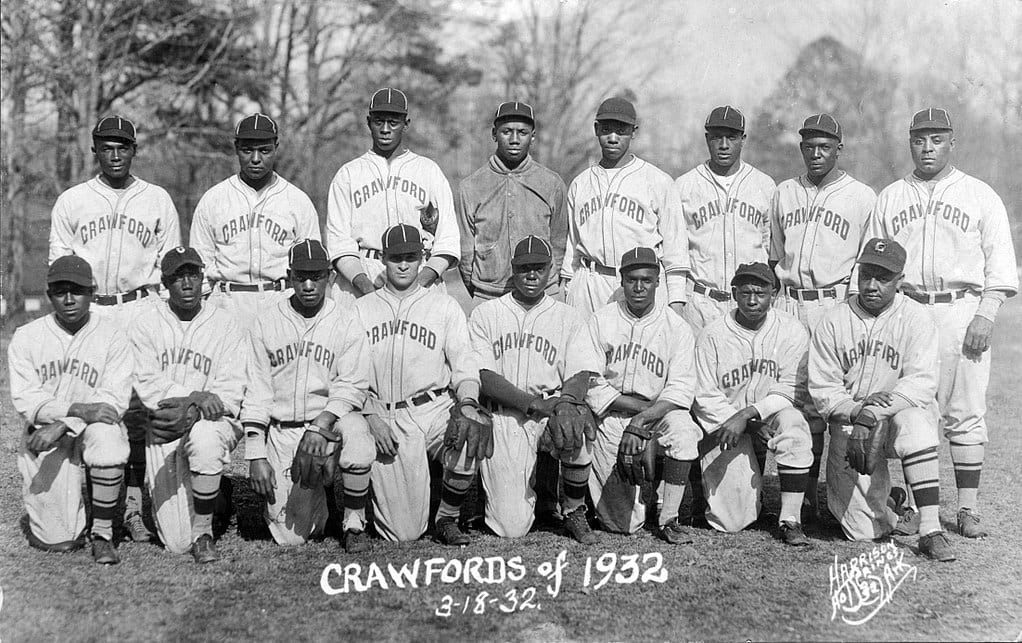
It has taken 100 years, but Major League Baseball (MLB) announced on Dec. 16 that the Negro Leagues will be included in the organization’s history rather than being treated as a separate entity.
“It is MLB’s view that the Committee’s 1969 omission of the Negro Leagues from consideration was clearly an error that demands today’s designation,” MLB said in a statement.
The Negro National League was formed on Feb. 13, 1920, at a YMCA in Kansas City, Missouri. The National Negro League struggled to make ends meet, and the Indianapolis Clowns were the last NNL team to suit up for games as a traveling squad until halting operations in 1989.
Many remember former Kansas City Monarchs star Jackie Robinson who broke through the racial barrier being the first African American player to compete in MLB for the Brooklyn Dodgers in 1947, but now other former Negro League players will finally have a place to call home.
With MLB’s decision to elevate the Negro League’s status to Major League, all previous statistics and records spanning from 1920-1948 will be integrated into the history books and cement legacies for future generations to enjoy. Players such as Satchel Paige, Oscar Charleston and Josh Gibson will now be immortalized for their efforts on the diamond.

“All of us who love baseball have long known that the Negro Leagues produced many of our game’s best players, innovations and triumphs against a backdrop of injustice,” said MLB Commissioner Rob Manfred.
The Negro Leagues were ahead of their time, so much so that they started playing night games five years before MLB did and introduced player-safety technologies that are still being used today.
One of those initiatives was the use of a baseball helmet. The National Baseball Hall of Fame stated that former Newark Eagles star Willie Wells was “one of the first pro ball players to wear a batting helmet,” in 1942 after being hit in the head by a pitch. After being knocked unconscious, Wells played the next game with a construction hard hat and finished his career with a .319 batting average.
Six years before Robinson helped desegregate MLB, Brooklyn Dodgers general manager Larry MacPhail enforced that his entire club use hats with protective-plate inserts in ’41.
Even though Hall of Fame catcher Roger Bresnahan popularized a safety measure by routinely wearing shin guards in 1907, MLB notes that John “Bud” Fowler was the first known Black professional baseball player to do so with molded wooden slats to protect his shins from players’ cleat spikes as they slid into home plate.
More importantly, MLB’s decision rights a wrong that extends far beyond sports. In terms of social justice and equality, the move is viewed as a win by many.
“For historical merit, today is extraordinarily important,” said Bob Kendrick, President of the Negro Leagues Baseball Museum in Kansas City, Missouri. “Having been around so many of the Negro League players, they never looked to MLB to validate them. But for fans and for historical sake, this is significant, it really is.”
Official MLB historian John Thorn mentioned the importance and impact of Negro League players finally being regarded as major leaguers.
“The perceived deficiencies of the Negro Leagues’ structure and scheduling were born of MLB’s exclusionary practices, and denying them Major League status has been a double penalty, much like that exacted of Hall of Fame candidates prior to Satchel Paige’s induction in 1971,” Thorn said. “Granting MLB status to Negro Leagues a century after their founding is profoundly gratifying.”
(Edited by Stan Chrapowicki and Andre Johnson)
The post MLB Finally Recognizes Negro League Players as Major Leaguers appeared first on Zenger News.

